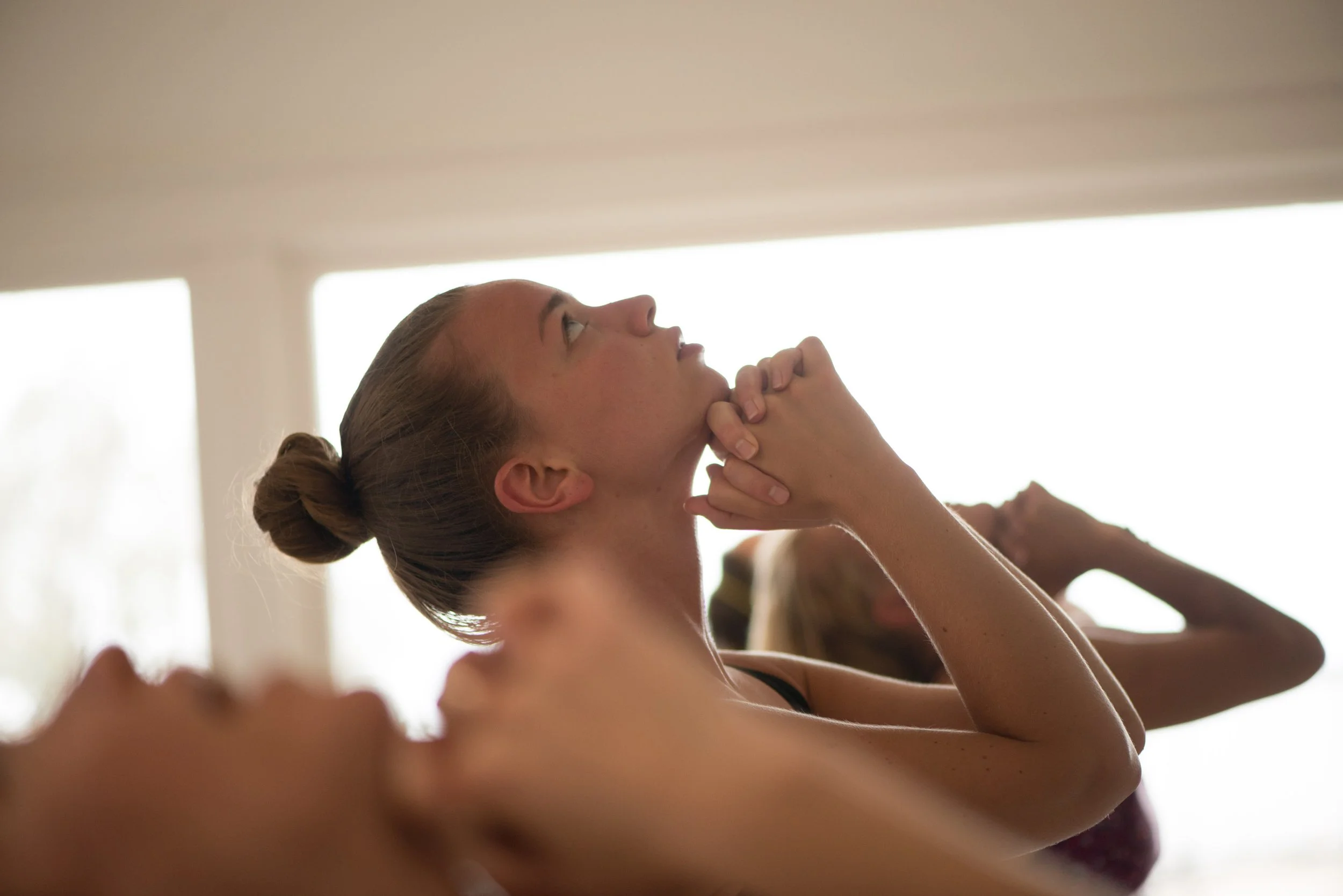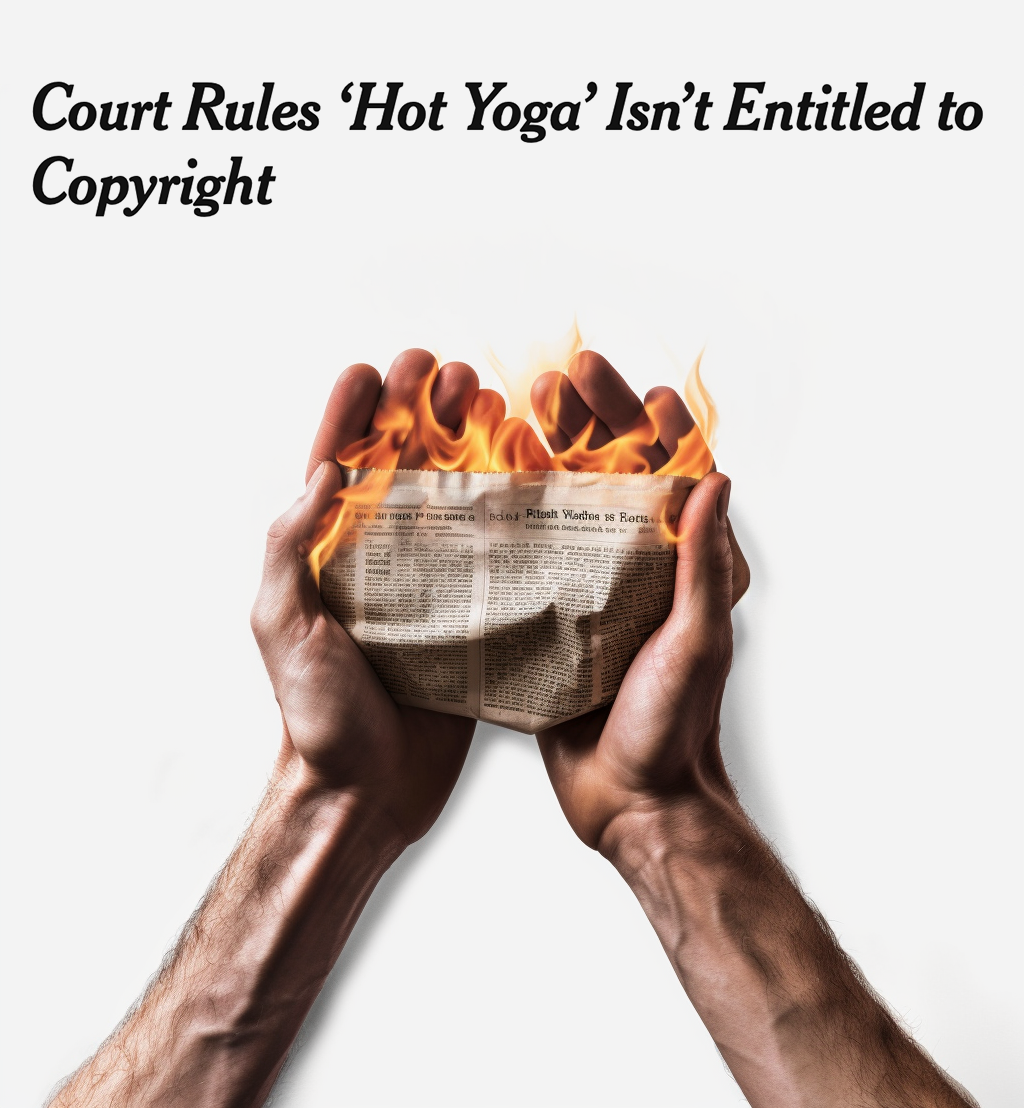The Bikram Copyright Rejection: Upholding the Essence of Yoga
In a landmark ruling, the Ninth Circuit Court of Appeals in California confirmed that Bikram Choudhury's sequence of 26 yoga poses and two breathing exercises is not eligible for copyright protection. This decision holds significant implications for the yoga community, underscoring the importance of preserving the essence of yoga as a practice that transcends ownership and empowers individuals. Let's delve into the background of the Bikram copyright lawsuit and explore what this means for the future of yoga.
The Bikram Copyright Lawsuit
The legal saga began when Mark Drost, co-founder of Evolation Yoga, faced accusations of copyright infringement from Choudhury in 2011. Drost, having previously been a senior member of the Bikram training staff, decided to fight back, asserting that copyright law supported his position. In 2012, he achieved a summary judgment in his favor. Recognizing the broader implications of this case, Drost and Yoga Alliance received support from legal experts and filed an amicus brief in the Ninth Circuit, contending that a sequence of yoga poses cannot be protected by copyright.
Understanding Copyright Law and Yoga
Copyright law safeguards original expressions but does not protect ideas, facts, or functional elements such as systems and methods. In the context of yoga, a sequence of poses is akin to an idea or a fact, thus ineligible for copyright protection. Choudhury's 1979 book about his sequence, Bikram's Beginning Yoga Class, does possess copyright protection as it represents an expressive work. However, the sequence of poses itself remains in the public domain, preventing Choudhury from prohibiting others from teaching or using it.
The Significance of the Ruling
This ruling affirms the long-standing belief held by many yoga teachers and practitioners: yoga poses should not be subject to copyright restrictions. The spirit of yoga, rooted in inclusivity and accessibility, contradicts the notion of ownership over poses that have been part of the public domain for centuries. The court's decision liberates yoga teachers to freely create their own sequences without fear of infringing copyrights, fostering innovation and diversity within the practice.
Preserving the Essence of Yoga
The victory in the Bikram copyright lawsuit reiterates a fundamental principle of yoga – it is not about the individual teacher but about empowering students, sharing knowledge, and facilitating personal experiences. By disallowing the restriction of yoga sequences, this ruling enables practitioners to return to the core spirit of the practice. It reinforces the belief that yoga is for everyone and should remain an accessible path of self-discovery and transformation.
Conclusion
The rejection of copyright protection for Bikram Choudhury's yoga sequence signifies a significant milestone in the evolution of yoga as a shared and inclusive practice. It affirms that yoga cannot be restricted by copyrights and encourages teachers to explore and create their own sequences. This decision reestablishes the essence of yoga, emphasizing empowerment, knowledge sharing, and the universal accessibility of this ancient practice. As we move forward, let us embrace the freedom to explore and honor the rich heritage of yoga, empowering ourselves and others along the way.
Sources:
https://cases.justia.com/federal/appellate-courts/ca9/13-55763/13-55763-2015-10-08.pdf?ts=1444323834
https://www.yogaalliance.org/About_Yoga/Yoga_Alliance_Opposes_Bikram_Copyright_Claim



